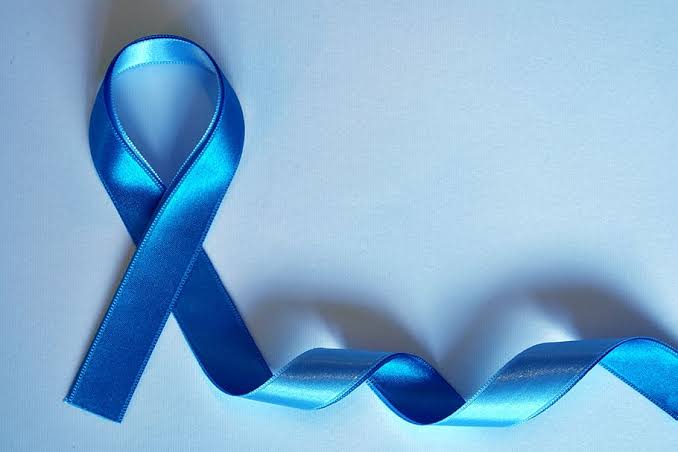People who have cancer don’t continuously have pain. Everybody is different. But in case you do have cancer pain, you should know that you just don’t have to acknowledge it. Cancer pain can nearly always be calmed. Working together, you and your specialist can work for your cancer pain management.
The most important things to preserve in mind:
- Your pain can be managed.
- Talking openly and sharing data along with your doctor and health care team will offer assistance them manage your pain.
- The most perfect way to control pain is to halt it from beginning or keep it from getting worse.
- There are numerous distinctive drugs to control pain. Everyone’s pain control plan is different.
- Keeping a record of your pain will help make the finest pain control plan for you.
- Take your drugs as coordinated. Don’t spare them for afterward or change the dosage.
Treating Pain
Cancer pain is exceptionally treatable. Around nine out of 10 cancer pain patients discover alleviation using a combination of drugs. Many medications are utilized for cancer pain management. A few drugs are common pain relievers, whereas others target particular sorts of pain and may require a prescription.
Mild to moderate pain
Non-opioids: Cases are acetaminophen and nonsteroidal anti-inflammatory drugs (NSAIDs), like ibuprofen and ibuprofen. Most non-opioids can be acquired over-the-counter without a prescription.
Moderate to serious pain
Opioids: Illustrations are morphine, hydromorphone, oxycodone, hydrocodone, codeine, fentanyl and methadone.
Tingling & burning pain
Antidepressants: Illustrations are amitriptyline, imipramine, doxepin and trazodone. Taking an antidepressant does not mean that you simply are depressed or have a mental illness.
Antiepileptics: An illustration is gabapentin. Taking an antiepileptic does not mean that you are getting to have seizures.
Pain caused by swelling
Steroids: Examples are dexamethasone and prednisone.
Non-Drug Torment Treatment Options
Your specialist may suggest non-drug medicines for cancer pain management in expansion to your pain medicine. These medicines will offer assistance your medicines work superior and calm other symptoms.
Biofeedback: A strategy that creates the patient aware of bodily processes regularly thought to be involuntary (blood pressure, skin temperature and heart rate). Patients can pick up a few conscious intentional controls of these processes, which can impact their level of pain.
Breathing and relaxation works out: These strategies focus the patient’s consideration on performing a particular task, rather than concentrating on the pain.
Distraction: A strategy utilized to shift consideration to a more pleasant event, question or situation.
Heat or cold: Utilizing temperature to encourage pain control with packs or heating pads.
Hypnosis: A centered state of consciousness that permits the patient to way better process information.
Imagery: Utilizing alleviating, positive mental images that permit the patient to relax.
Massage, weight and vibration: Physical stimulation of muscles or nerves can help with unwinding and relieve painful muscle spasms or contractions.
Transcutaneous electrical nerve incitement (TENS): A mild electric current is applied to the skin at the location of the pain.
When cancer pain management is successful, you can:
- Enjoy being active
- Sleep better
- Enjoy family and friends
- Feel like eating
- Be in a better mood

